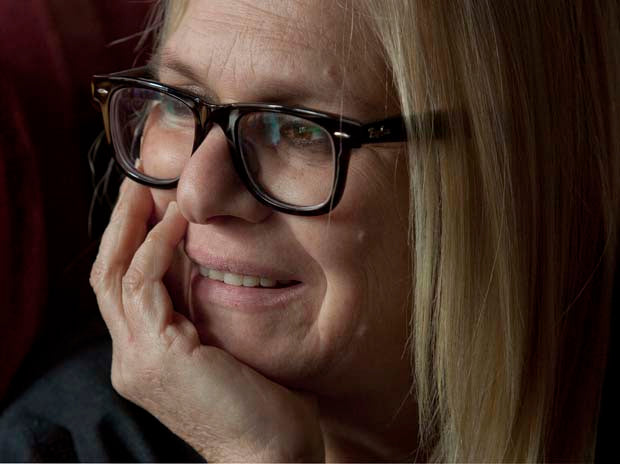
ABOUT ODELIA CARMON
My qualifications
Specialties
Issues
Mental Health
SEXUALITY
Treatment Approach
Types of Therapy
Modality
WANT TO SPEAK TO ME?

ODELIA CARMON
ABOUT
Odelia Carmon is a professional psychotherapist and counsellor in Sydney. With decades of experience assisting people to conquer mental barriers and overcome strife, Odelia is uniquely qualified to help you deal with any psychological issues.
CONTACT INFORMATION
Level 1, 17-19 Knox Street, Double Bay NSW 2028
Phone Number: 0407 223 626
Email: odeliacarmon@hotmail.com
Mon – Fri, 7am – 7pm

